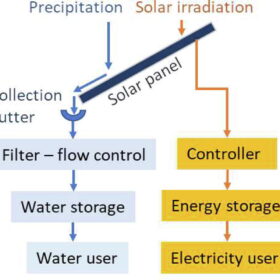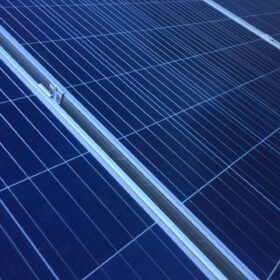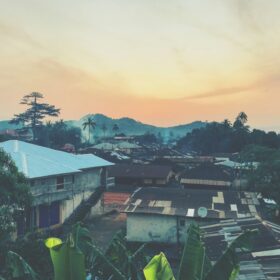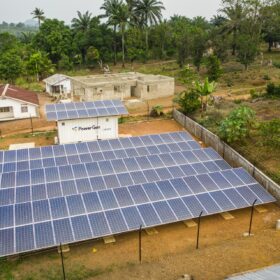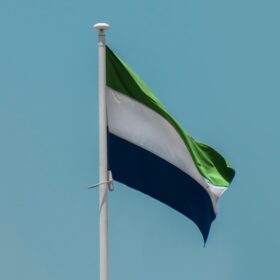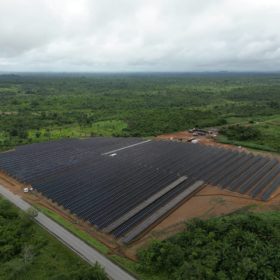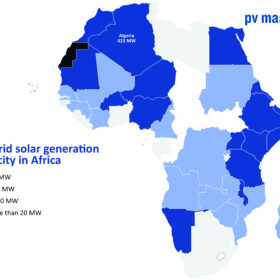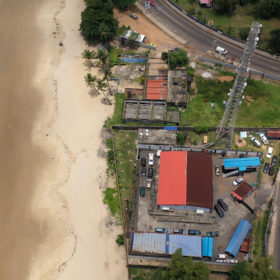How to combine photovoltaics with rainwater harvesting
Scientists have developed a system that harvests rainwater running off PV panels for household use or hydrogen production. Their analysis showed that, in the southern Sahel, the system can meet both the energy and water requirements for electrolysis, with surplus rainwater covering up to 50% of a household’s daily water demand.
New platform to deploy 120 MW of renewables in Africa
African microgrid company PowerGen Renewable Energy is partnering with a team of international investors to deploy 120 MW of off-grid renewable energy systems across the continent, starting with installations in Nigeria, Sierra Leone and the Democratic Republic of Congo.
Sierra Leone adopts financing model for private minigrid developers
Sierra Leone’s government is working with the European Union to launch a results-based financing mechanism, offering grants to private developers to build, own, and operate minigrids across the country.
Asantys Systems offers containerized solar-storage solutions in Sierra Leone
Asantys Systems has developed containerized solar-storage solutions in Sierra Leone, featuring solar containers with capacities ranging from 30 kW to 130 kW. The containers include inverters from German manufacturer SMA and batteries from Hoppecke Batterien.
Planet One Group secures $52 million financing for 50 MW solar farm in Sierra Leone
A consortium of financial institutions last week announced they co-invested $52 million to help finance the development of a 50 MW greenfield project in Sierra Leone titled Planet Solar spearheaded by Frontier Energy and Planet One Group.
Sierra Leone’s first 5 MW solar plant powers on
Serengeti Energy has started operations at what it claims is Sierra Leone’s first solar independent power project. The 5 MW solar installation is located in Yamandu, Southern Sierra Leone. A second project phase is planned for 2023, bringing its capacity to 25 MW.
Botswana-Namibia green hydrogen project expands to 5GW
The raised ambition of an already huge renewables-powered hydrogen project in the Southern African nations vividly demonstrates the hydrogen and clean energy potential of a continent which accounted for just 0.5% of the world’s new solar capacity last year, according to trade body AFSIA’s annual report.
Broadband in Sierra Leone capital to be powered by off-grid solar-plus-storage
A 1.2 MW solar plant and ‘up to 2 MWh’ energy storage system will replace generators to power the city broadband network in Freetown from mid next year.
Sahel-wide group buying program could drive solar home system supply
A report commissioned by EU lender the EIB has dismissed the role solar mini-grids can play in achieving universal electrification by 2030 and signaled distribution to individual households should be the way forward, including sales to the residents of UN refugee camps in East Africa.
Rockefeller and Ikea foundations pledge $1bn for small scale renewables
With ‘shovel-ready’ projects across India, Africa and Latin America in line for a mix of grants, cheap loans, equity investment and financial guarantees from this year, the two bodies hope to trigger $20 billion in total funding and bring reliable power to a billion people.
